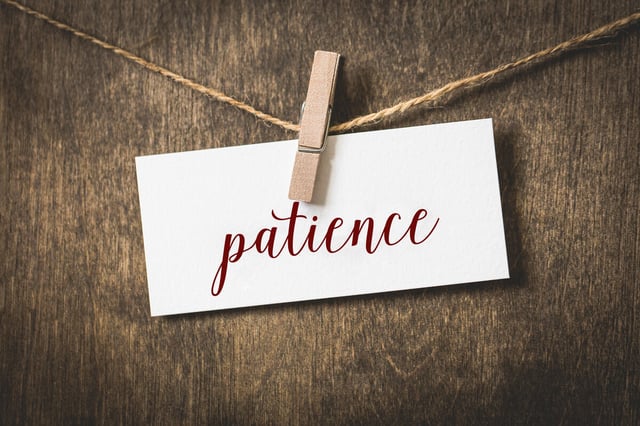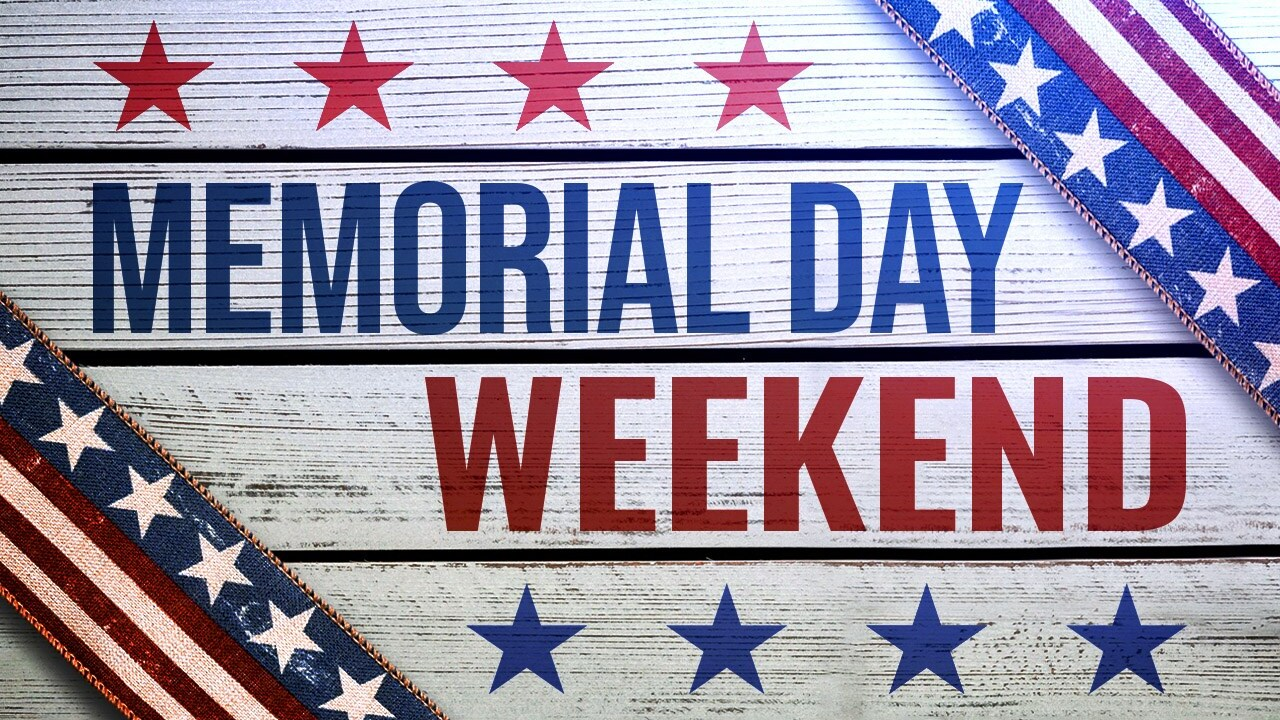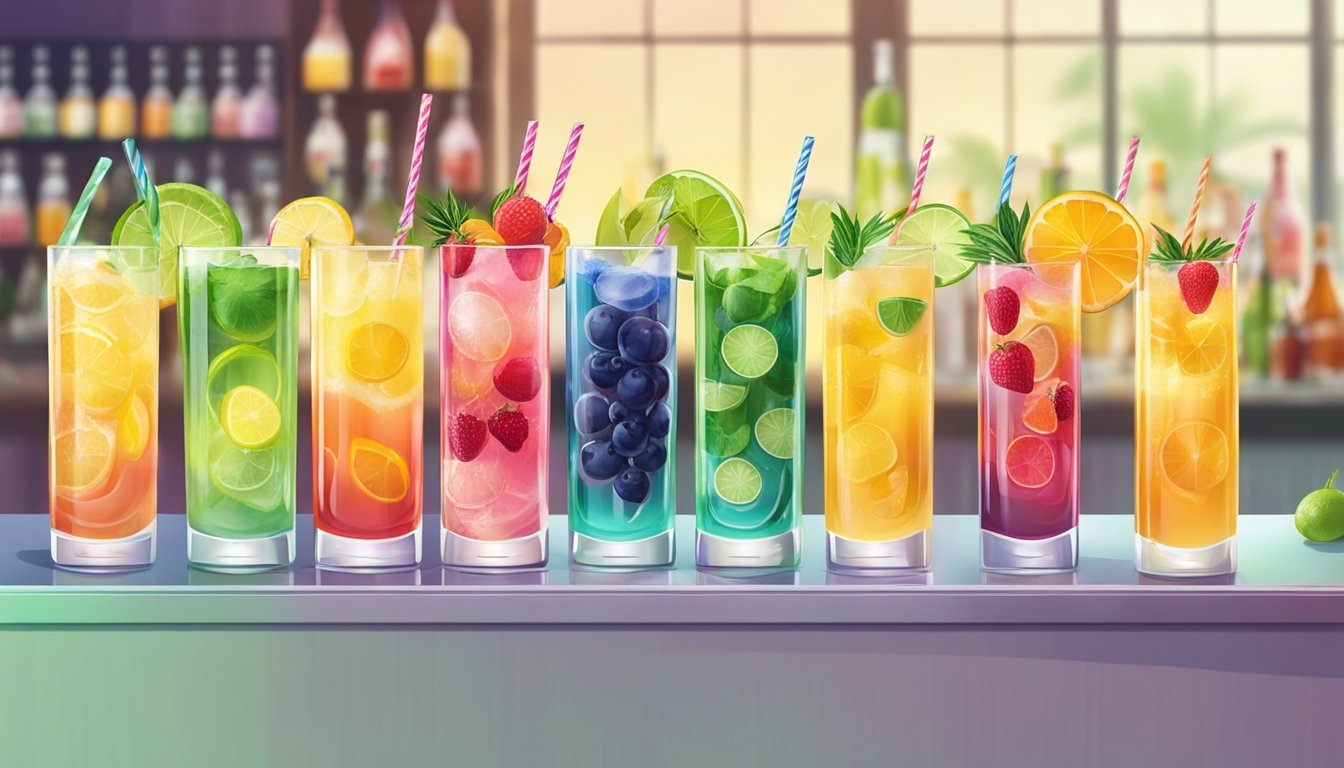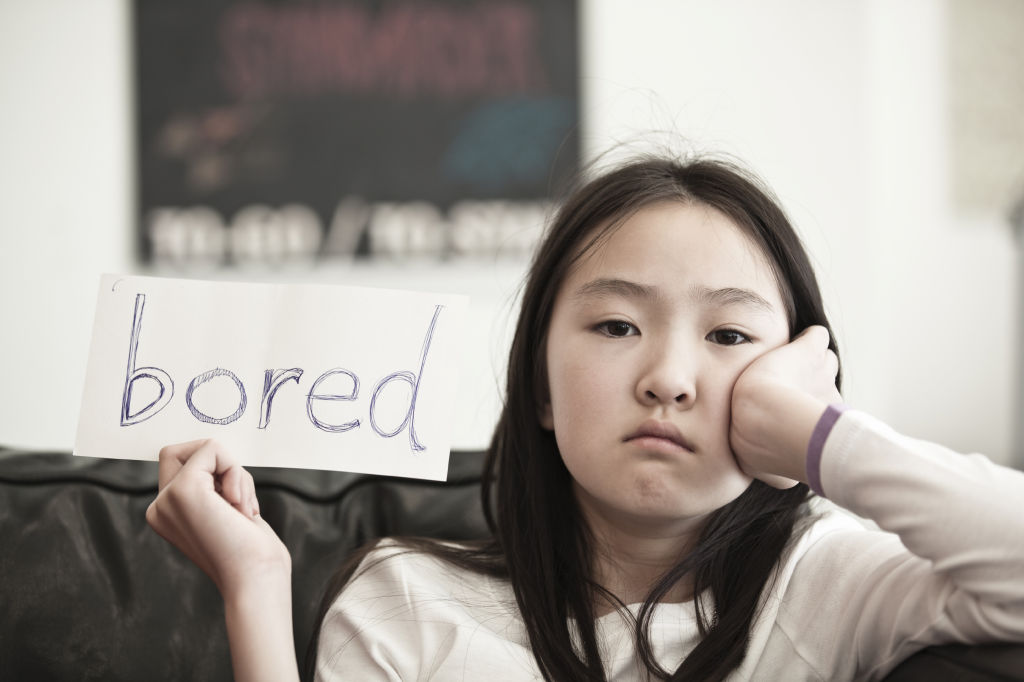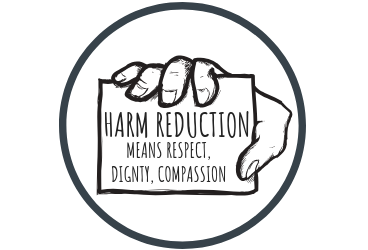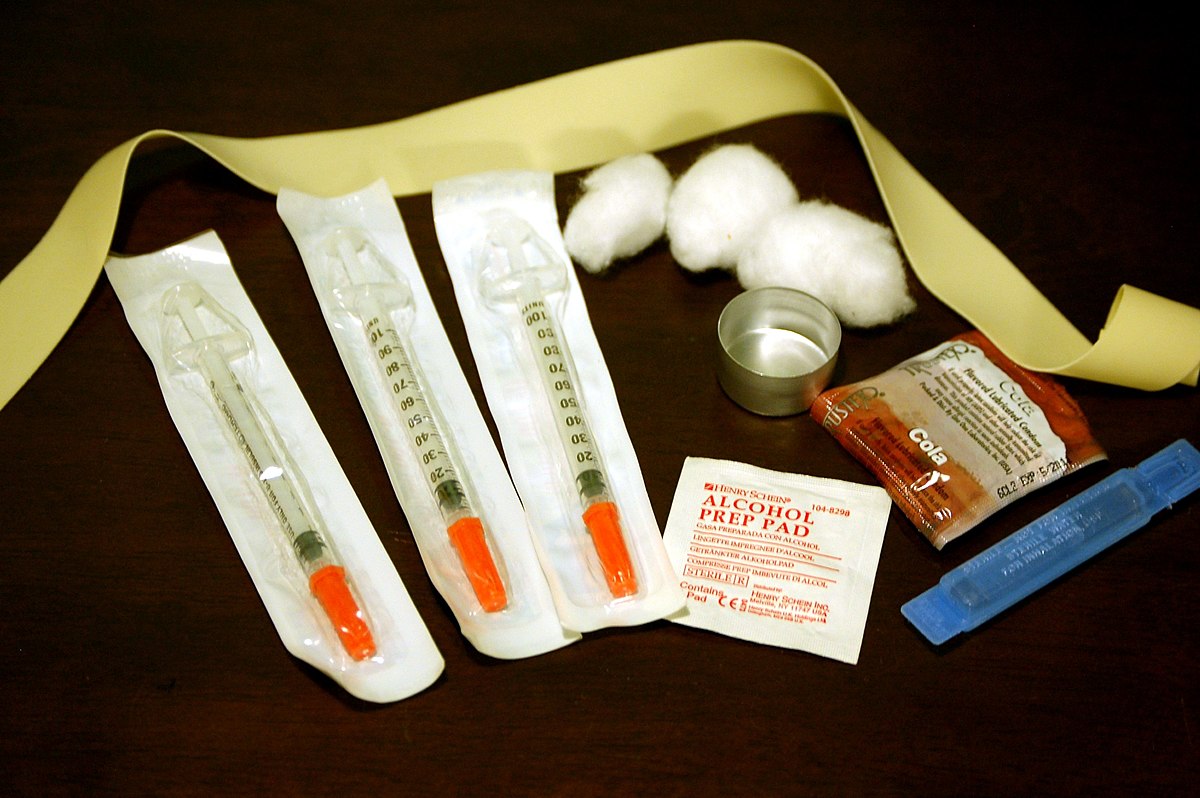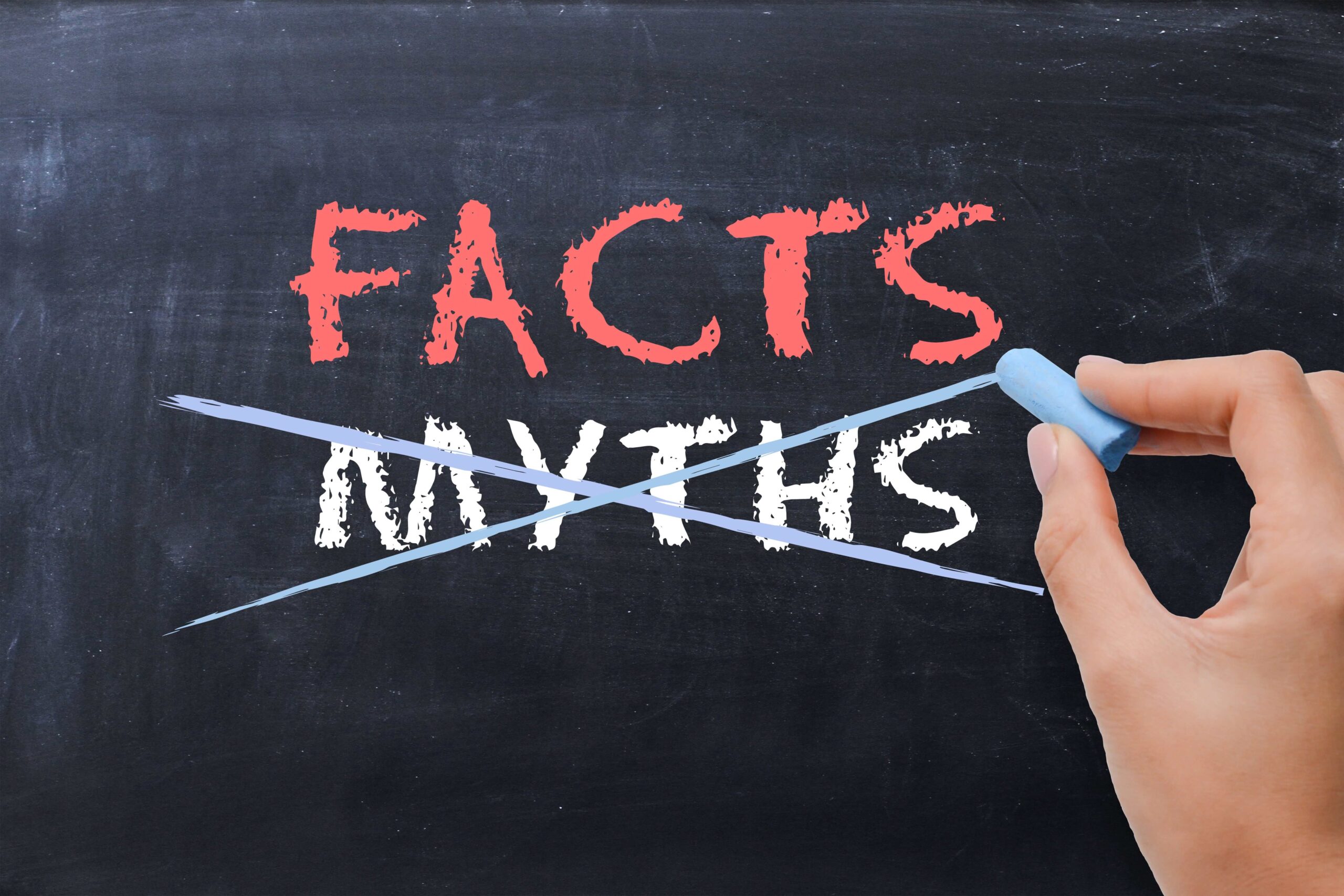Thriving Unmedicated: Juggling ADHD and Sobriety Without the Safety Net"
Hello there! Navigating the roller coaster of life with ADHD can be like trying to solve a Rubik's Cube while riding a unicycle, especially if you're in recovery from substance abuse. But don't worry, you're not alone in this circus act, and there are some juggling tricks that can help you keep all the balls in the air without relying on medication.
First, let's talk about the elephant in the room: stimulant medications. While they can be helpful, they're not the only act in town, especially for those with a history of substance abuse. In fact, some experts suggest that stimulant medication might even prevent recovering addicts with ADHD from relapsing (SM Sarkis, 2015). So, what's the alternative? Think of it as swapping out the tightrope for a balance beam - still challenging, but with a little less risk.
One approach is to focus on personal recovery, which isn't just about managing symptoms, but also engaging successfully in life (W Chen et al., 2023). This might include developing coping strategies tailored to individuals with ADHD, which can be as varied and unique as the individuals themselves. Think of them as your personal clown car of tricks - they might seem small, but they can hold a lot!
Cognitive coping strategies are a big tent in the ADHD recovery circus. Parents of children with ADHD have found that promoting personal recovery involves more than just addressing deficits; it's about building on strengths and fostering a positive view of ADHD (S Edwards et al., 2021). That's like turning a juggling act into a magic show - focusing on the wow, not the how!
For adults with both ADHD and substance use disorders, the keys to recovery are often found in structure, routines, and strategies that address both conditions at once. It's a little like having a ringmaster to keep the show running smoothly (LM Kronenberg et al., 2015).
In the grand circus of life, remember that while ADHD and past substance use disorders may be part of your act, they don't define the entire performance. With a little creativity, humor, and a supportive crowd, you can keep your sobriety and ADHD under the spotlight where you can manage them best, without the need for stimulants. So go ahead, take a bow - you're the star of this show! 🎪🤹♂️


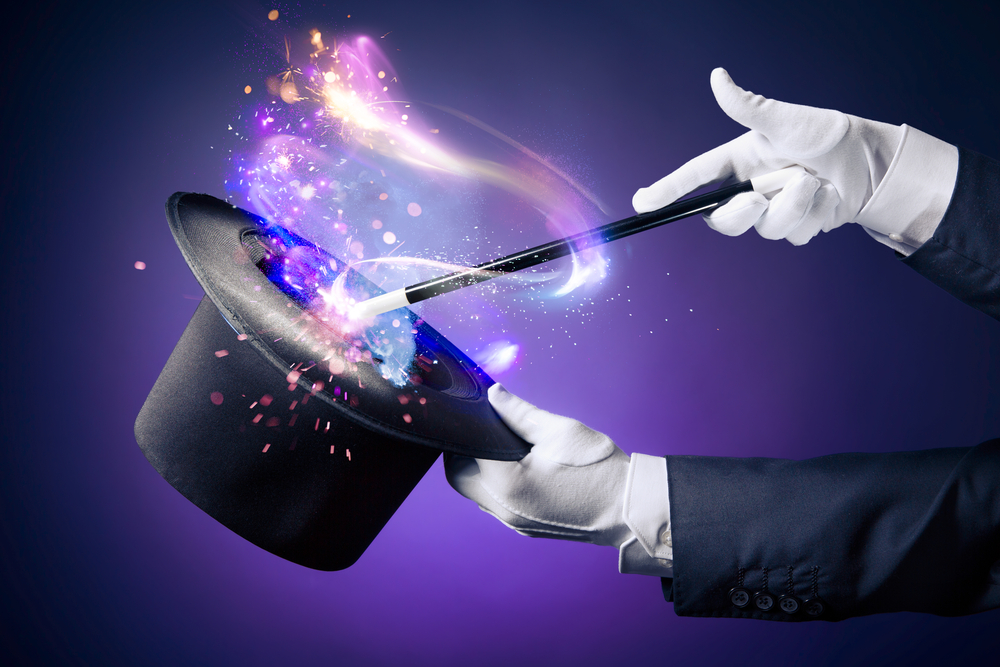
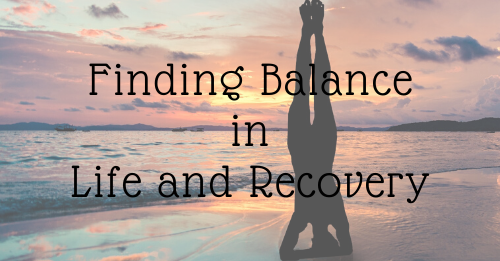





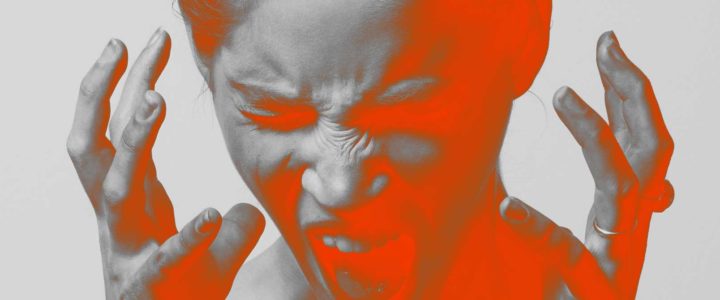
:max_bytes(150000):strip_icc()/Grounding-3668580efb6f419484f6c4787854267d.jpg)

